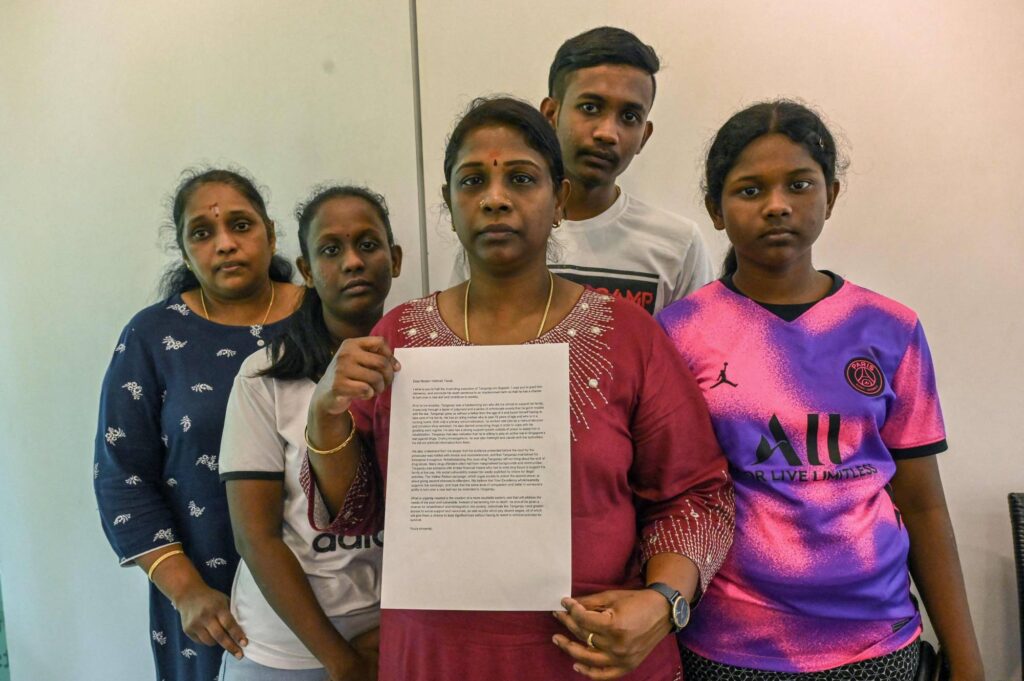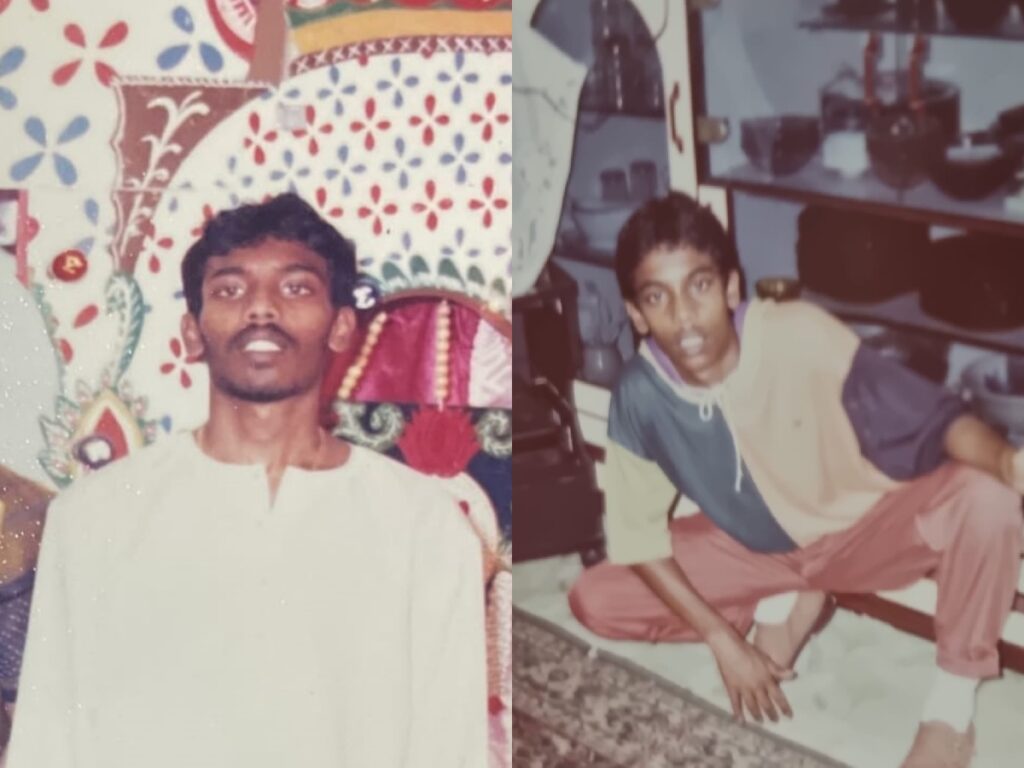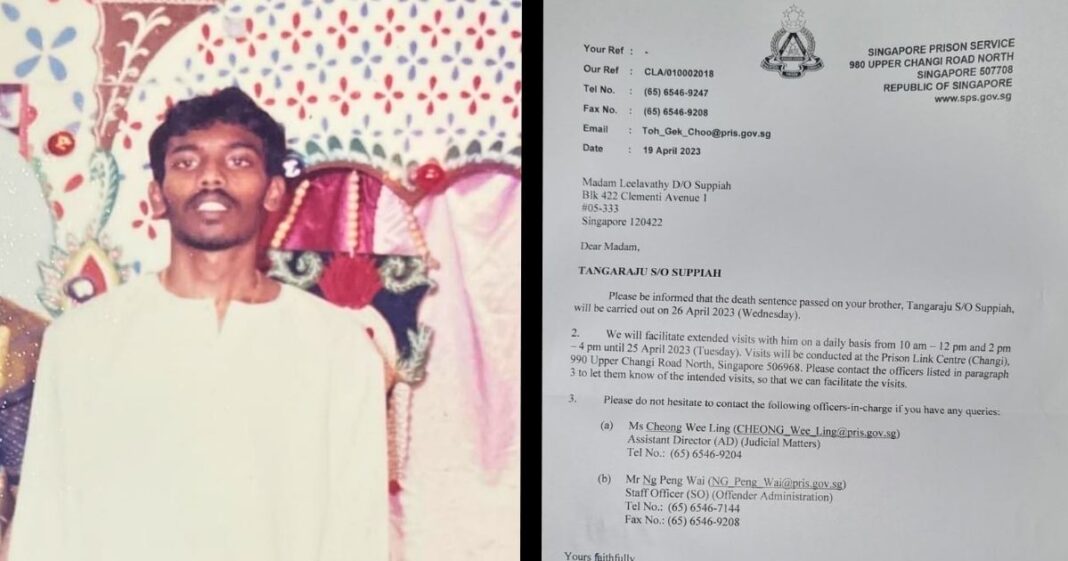
Introduction:
Singapore Executes Indian-Origin Drug Trafficker Despite Appeals for Clemency
On Wednesday, Tangaraju Suppiah, a 46-year-old Indian-origin drug trafficker, was executed in Singapore’s Changi Prison. Despite appeals for clemency from his family, human rights activists, and the United Nations, the court rejected his 11th-hour appeal and carried out the sentence.
Background: The Case Against Suppiah
Suppiah was sentenced to death in 2018 for his role in coordinating the import of 1kg of cannabis in 2013, despite never physically possessing the drug. He was connected to the other men through two phone numbers. Singapore is known for its harsh drug laws and mandates the death penalty for certain drug offenses. Last year, the country executed 11 people for nonviolent drug offenses.
Controversy and Criticism: Human Rights Organizations Weigh In
Human rights organizations criticized Suppiah’s sentence, citing circumstantial evidence against him. They also raised concerns about his lack of access to a lawyer during questioning and denial of a Tamil interpreter for his statement. The United Nations’ top human rights official urged Singapore to reconsider the sentence, citing concerns around due process and fair trial guarantees. Singaporean authorities defended the decision, stating that Suppiah had received due process.

Testimony of the Other Men: Evidence Against Suppiah
At Suppiah’s trial, the other two men involved in the case gave evidence against him. One of them, caught with the cannabis, pleaded guilty to trafficking just under the 500-gram threshold for the death penalty and was sentenced to 23 years in prison and 15 strokes of the cane. The other was discharged without being acquitted.
Family Campaign for Clemency: Fighting Until the End
Suppiah’s family campaigned for clemency until his execution, making video appeals and writing letters to Singapore’s president, Halimah Yacob. However, on Tuesday, a court rejected their last-minute appeal to review his case, stating that Suppiah had failed to provide a legitimate basis for the court to do so.
Conclusion: Singapore’s Harsh Stance on Drug Offenses and Questions of Due Process
Tangaraju Suppiah’s execution highlights Singapore’s strict drug laws, but the controversy and criticism surrounding his case raise questions about due process and human rights in the country’s legal system.

